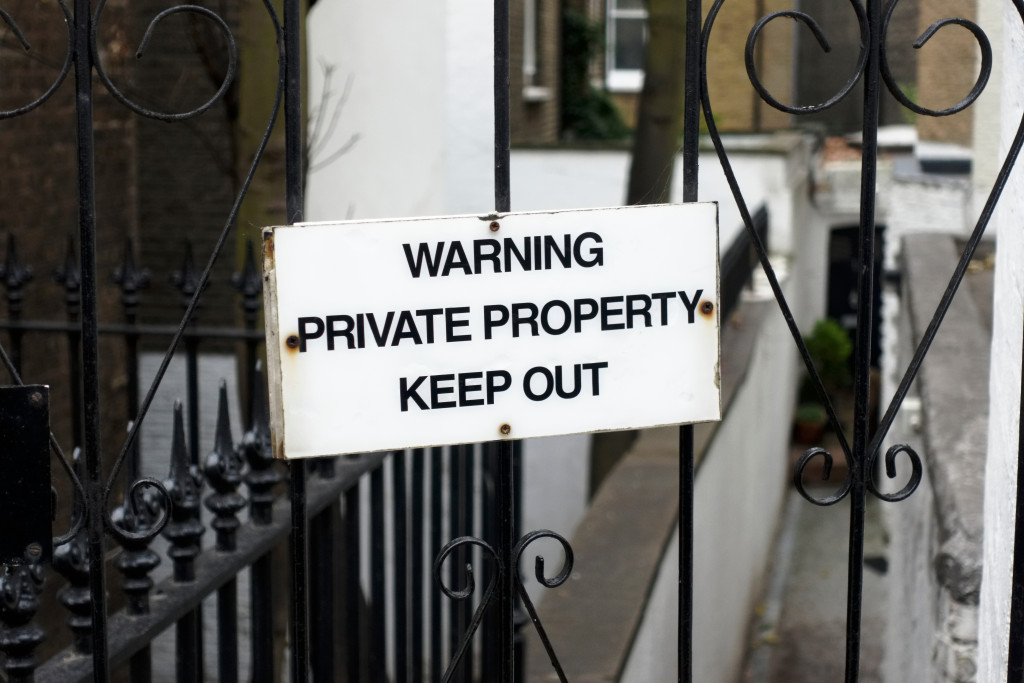- Squatting is occupying a property without permission.
- It can lead to financial and emotional losses as well as illegal activities.
- Get a court order, serve a Notice of Eviction, apply for a Writ of Possession, and enforce the Writ of Possession to evict squatters.
- Secure your property by changing locks and installing cameras or alarms.
- Seek legal advice and consider professional eviction services to help with the process.
Squatting on private property can be financially and emotionally stressful, especially when dealing with the legal system that governs the eviction process of squatters. Therefore, it is essential to know the legal rights and steps in evicting squatters from your property. This article will explore the legal steps involved in evicting squatters.
Defining Squatter
When defining what is considered a settler, there are a few key factors to consider. In general, a settler occupies a property without permission from the owner or rightful occupant. This can include abandoned buildings, unowned land, or even homes where the occupants have been evicted but refuse to leave.
Squatting is a controversial issue, with some arguing that it is a viable way to address housing shortages and provide homes for those who might otherwise be homeless. Others see it as a violation of property rights and a threat to the rule of law. Whatever your opinion on the subject, understanding what constitutes squatting is an essential part of the conversation.
Why You Shouldn’t Tolerate Squatters
Given the legal issues surrounding squatting, it’s essential to understand why you shouldn’t tolerate it. Squatting can lead to financial and emotional losses on your part, as well as illegal activities taking place on your property. Additionally, suppose you fail to take proper steps in evicting settlers. In that case, they may be able to claim rights over a property they did not pay for or are otherwise unauthorized to occupy.
Legal Steps for Evicting Squatters
If you believe someone is squatting on your property, there are several legal steps you must take to evict them properly.
Get a Court Order

The first crucial step in evicting squatters from your property is to obtain a court order. This can be done by filing papers with the court, which will then issue a summons for you and the settlers to attend a court hearing. At the hearing, each party will present their case. If the judge finds that you have provided enough evidence that the settlers are occupying your property illegally, a court order for eviction will be granted.
Serve Notice of Eviction
Once you have obtained the court order, the next step is to provide the settlers with a Notice of Eviction. This notice should contain the date when the settlers must leave the property, and if they do not, legal action will be taken against them. Ensure this notice is posted on the property, and you can also deliver it to the settlers if they are present.
Apply for a Writ of Possession
If the settlers do not leave the property within the timeframe in the Notice of Eviction, the next step is to apply for a Writ of Possession. This legal order allows you to take back your property, and it permits law enforcement officials to evict the squatters. You must provide a copy of the court order, notice of eviction, and any other relevant documents when you apply for this Writ.
Enforcing the Writ of Possession
Once you have obtained the Writ of Possession, you can enforce it by hiring a bailiff or a High Court Enforcement Officer. You may also consider hiring reliable and professional bailiff services to ensure the eviction process is conducted correctly.
The bailiff will serve the Writ on the settlers, and if they still do not leave, they can forcibly remove them from the property. It is important to note that if the settlers cause any damage when evicted, you can seek compensation by taking legal action against them.
Securing Your Property

After the squatters have been evicted, ensuring that your property is secured is essential. Change locks and any other access points to avoid any future break-ins. You can also consider installing cameras or alarms to deter potential squatters or trespassers. If possible, you should also contact your local police department to inform them of the situation and ask for their assistance in preventing any further squatting.
The Bottom Line
Evicting squatters from your property can be a daunting and lengthy process. However, knowing the legal steps involved can make the process more manageable, and you can avoid legal complications. Always seek legal advice to ensure that you follow the correct procedures, and consider hiring a professional eviction company to help you through this process.








